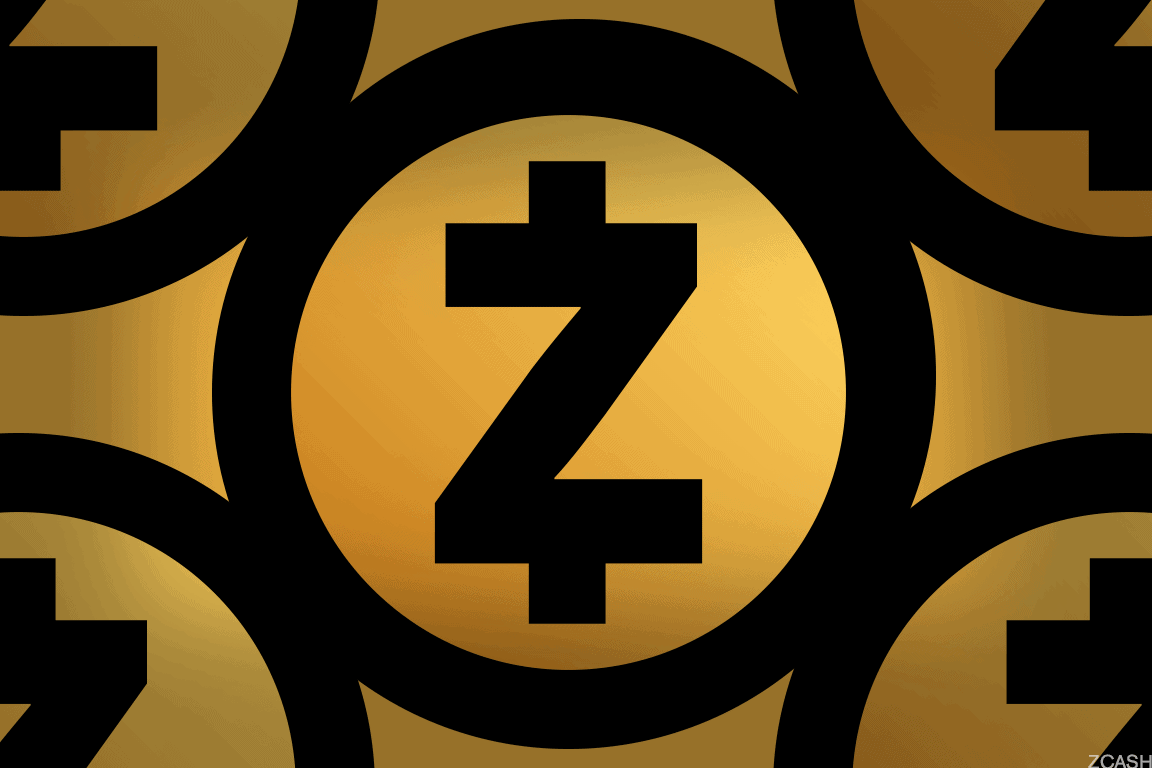Join Our Telegram channel to stay up to date on breaking news coverage
goTenna, a distributed communications network company, recently put out research that explores how mobile networks can be boosted by Bitcoin’s Lightning Network technology.
Lightning-powered offline networks
The company already has experience working with decentralized mesh networks that power offline connections. Now, they’re expanding that idea to the blockchain.
This news comes to us via CoinDesk, who breaks down the team’s recent paper that talks about Bitcoin micropayments and mobile networks. To push their idea forward, goTenna put together Global Mesh Labs LLC to focus on such technology.
“Mesh networks offer a decentralized alternative to centralized carriers and ISPs for mobile communication,” reads a summary of the report. “To optimize successful message delivery, and improve network coverage and reliability, mesh nodes need a system to incentivize the relay behavior of peer network nodes. We propose a trust-minimized protocol for message senders to exchange incentive value with mesh nodes that relay their messages.”
It continues:
“Our approach is to create a payment channel network (PCN) based on the Bitcoin Lightning Network but adapted for very low-bandwidth ad hoc mobile networks and therefore also applicable to less-constrained mesh topologies. To reduce incentive protocol overhead we propose using signature aggregation, simplex payment channel updates and payment channels formed between mesh nodes within direct communication range.”
Of course, the problem with an offline network is that somebody needs to run it. Well, goTenna would use blockchain tech to incentivize users to do just that. The process is called Lot49 – the segment that takes advantage of Lightning to pay users.
goTenna engineer and author of the paper Richard Myers sheds some more light on this:
“Any node can earn a reward for relaying data for others and by being at the right place at the right time.”
Of course, the Lightning Network is still very early on. It’s barely being used to buy Bitcoin at this point, let alone create offline networks. However, we may soon see a new form of online trading should this project go through.
Join Our Telegram channel to stay up to date on breaking news coverage


